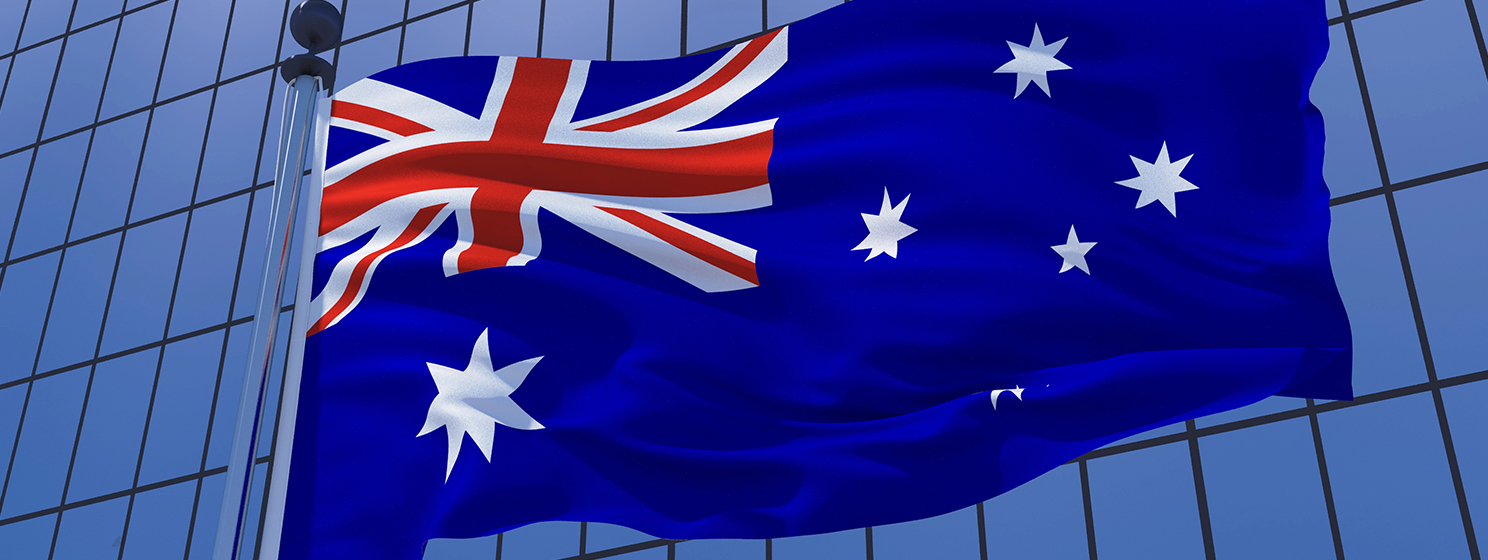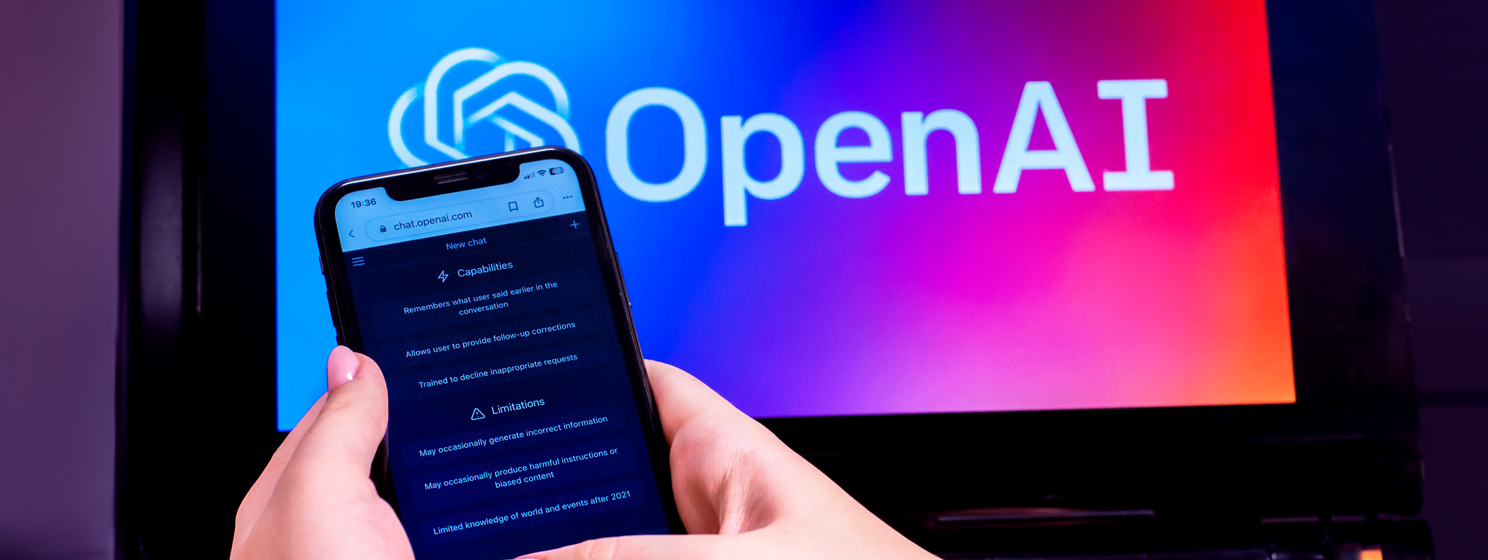|
Getting your Trinity Audio player ready...
|
New financial regulations in Australia have forced one blockchain business to radically alter its legal structure and business model. Liquid Noble, which previously built a system to tokenize precious metals on the BSV blockchain, announced recently that it would need to disconnect its brokerage completely from blockchain and any digital assets.
Liquid Noble CEO Dan Dragon said the changes were necessary after recent updates to the Australian Securities and Investments Commission (ASIC) regulation INFO 225 on digital assets. Any issuer of wrapped “crypto assets” or tokenized real-world assets in Australia will soon need a financial services license.
The costs associated with obtaining the license put it out of Liquid Noble’s reach. Although tokenizing precious metal value on a scalable blockchain formed one of the company’s key selling points, it can no longer innovate in that area.
Liquid Noble has restructured its business to operate solely as a commodities dealer, delivering physical precious metals to customers, albeit in a modern, app-driven format. The Liquid Noble app (for the record, it’s still the one based on and compatible with the BSV SDK) will function similarly, but as a more “closed loop system.” With that, you can still use it to purchase precious metals and arrange physical delivery, but all activity is limited to the company’s own verified user base.
Under the new rules, the company had to abandon the promising NobleGold ($LGAU) token it created earlier this year and remove all references to blockchain and tokenizing assets from past posts on its social media accounts. The deadline for the changes was June 30, 2025.
On a more positive note, for precious metals enthusiasts who don’t mind the absence of blockchain tokens, Liquid Noble’s platform is actually expanding. Just this week, it announced customers could perform local fiat currency bank transfers in EUR, USD, GBP, SGD, CAD, and NZD (customers in Australia have always been able to transfer AUD).
The service is still planning to roll out new features this year, but noted that “any tokenization services and digital currency exchange will be performed by a different legal entity in the future, independent from Liquid Noble Pty Ltd.”
Liquid Noble protects its customers’ asset value
Dragon stressed that none of Liquid Noble’s customers have lost any asset value due to the shift—after all, they legally own the physical gold, which remains safely in the vaults. Those with LGAU tokens in Liquid Noble wallets had them converted to physical gold entitlements (which can also be used to order physical delivery). LGAU had also gained a listing on the Coinstore exchange; however, there were some token holders who had moved their assets off Liquid Noble’s platform.
“We are also committed to honouring the gold backing of our tokens for anyone who did not manage to sell their LGAU via Coinstore in time,” Dragon added.
“If proof of purchase is provided to [email protected], we can arrange a manual buyback (after all, it was only the tokens that were delisted, the underlying gold remains securely stored). Although this process is less than ideal, we genuinely care about our customers and value their support, so will do everything we can to resolve this in a fair and timely manner.”
Australian asset tokenization platforms without a financial services license are officially no longer allowed to discuss digital assets in public, including further explanation of what necessitated the changes, or announcements of plans involving blockchain.
Bad timing as tokenization, gold-backed assets grow in popularity
It’s unfortunate timing for Liquid Noble and those looking to build innovative digital solutions with asset tokenization in Australia. Not only had the company launched its services fairly recently, but there is currently a burgeoning interest worldwide in precious metals and gold-backed digital tokens. National fiat currencies face growing instability amid economic and trade turmoil, threats of war and punitive tariffs, and visible inflation.
Gold-backed tokens like LGAU had (or rather, have) the potential to become a new kind of commercial currency and/or an alternative to stablecoins. Although alternatives do exist and there will inevitably be more, it’s necessary for them to exist on a scalable blockchain with low transaction fees and a stable underlying protocol to build a useful and liquid economy.
For all their talk of not wanting to stifle technological innovation, regulators often do just that by imposing compliance costs that price many small operators and startups out of the market. In blockchain, the most infamous example of this was New York State’s “BitLicense” rule, which saw many startups either leave the state or deny access to New York residents. It remains a barrier even today and serves as a protection to larger financial businesses with deep pockets and extensive networks.
Watch: Reggie Middleton on DeFi, booms/busts & crypto regulation

 03-04-2026
03-04-2026 




